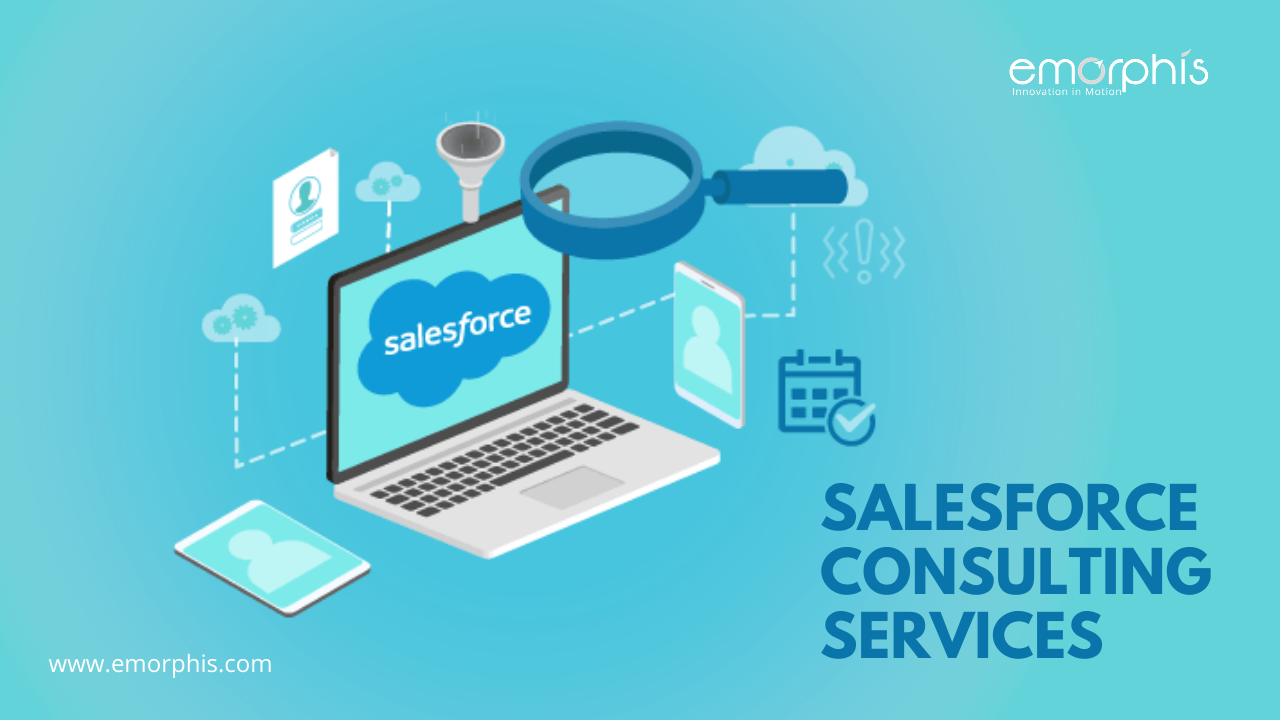
For those who are interested in starting a home business, formal business planning may be helpful. The key to success for business owners is to understand the risks and develop a plan to avoid them. Before a new business is launched, it is important to have a formal plan. The plan includes information about the type of business, its structure, management, marketing strategy, and financial information. It should always be up-to-date in order to allow the owner to make changes as needed.
Start a business from home
There are several things to consider before starting a home-based business. It might be tempting to work from home to save some money, but it may not be the best option to run your business. It is crucial to study the regulations in your state, particularly those pertaining to licensing. After that, you can create your business plan. You will need to include details about your business, such as how you plan on marketing your products or services and the costs involved in running it.
Being a self-employed entrepreneur has many benefits. You can set your own hours. You can use the morning for your kids' doctor's appointments, and the afternoon for grocery shopping. You don't need a boss to keep an eye on you every hour of the day. You can also work when you want. This means you can stay in your own home and eat dinner as well as go to bed. The best part about being a home-based worker is that they love what their job entails.

Developing a business plan
As you write your business plan, make sure to include both goals and objectives. The latter should show what you are trying to achieve with your business. The SMART acronym should be used for the plan. It stands for Specific, Measureable, Attainable. This format will allow you to narrow your focus and attract investors. You can also use the plan to help you assess whether your business is feasible.
As investors and lenders will review your business plan, it should be professionally prepared. Your business goals should be clearly stated in the plan. You should make sure to have two people sign the document. It will help you stay focused and identify areas of improvement. A business plan can help avoid many of the mistakes many new home businesses make. A business plan will allow you to attract more clients and generate more revenue.
Obtaining a business licence
A business license is required for anyone who plans to start a home-based enterprise. Licenses are generally more stringent and have a longer term. A business permit may be required for professional services, health and safety and flammable items. These permits can often be confused with home-based businesses.
To obtain a license for your home-based business, you must first register with the local government. In most places and counties, you will need a general company license. It can also be called a general business license, a tax certification, or a registration. It allows you the right to perform commercial activities within your locality. Visit your local tax department or business licensing office for more information about requirements for business licenses.

How to create a workspace
It doesn't matter if you are a freelancer, business owner or professional, having a designated space in your home is essential to your success. The right workspace will allow you to concentrate on your work and keep your office clutter to a minimum. Some professionals even have their own darkroom. A home workspace can help you increase productivity and improve the quality of your work. However, there are a number of things to consider before you take the plunge.
First, make sure that your space is conducive for your goals. Setting goals can help you set clear goals regarding what you want from your workspace. Your home office must provide you with a great working environment, so don't skimp on the equipment you use. You should choose low-energy furniture and lighting.
FAQ
Are consulting incomes subject to tax?
Yes, you must pay tax on the consultancy profits. The amount you earn depends on your annual income.
You can also claim expenses if you are self-employed. This includes rent, childcare, food, and transportation.
You can't deduct the interest on loans, vehicle damage, or equipment costs.
Only 25% of your expenses can be claimed back if you make less than PS10,000 annually.
However, even if your earnings exceed this threshold you may still be subject to tax depending on whether or not you are a contractor or an employee.
Employers are taxed via PAYE (pay as your earn), and contractors through VAT.
What does it cost to hire an expert?
Many factors go into determining how much it costs to hire a consultant. These include:
-
Project size
-
Time frame
-
Scope of work
-
Fees
-
Deliverables
-
Other considerations include experience level, geographic location, and so forth.
What skills is required to consult?
Strong interpersonal and analytical skills are essential for consultants. This is essential because you will be working on projects that you don't know the details of. You need to be able to manage people quickly and solve problems efficiently.
You also need to have excellent communication skills. Most clients expect a reply within 24 hours. They assume that you won't respond if they don't hear from them within 24 hours. It's important, therefore, to always keep them informed and ensure they understand what is going on.
What qualifications do you need to be a consultant?
Not only is it important to have an MBA but you should also have business consulting experience. You should have at least two years of experience in consulting and/or training for a major company.
You will need to have worked closely alongside senior management teams in order to develop strategy projects. This requires you to feel confident presenting ideas to clients, and getting buy-in.
You will also need to pass a professional qualification test such as the Chartered Management Institute Certified Management Consultant certification (CMC).
What kind of contracts can consultants sign?
Most consultants sign standard employment agreements when hired. These agreements define the terms of the agreement, including how long the consultant is expected to work for the client as well as what he/she should be paid.
Contracts specify the area of expertise that the consultant will specialize in and the amount they will be paid. An agreement could state, for example, that the consultant will offer training sessions, workshops and webinars.
Sometimes the consultant will simply agree to complete a task within a certain timeframe.
Many consultants sign independent contractor arrangements in addition to standard employment contracts. These agreements allow the consultant not only to work for himself/herself but also provide payment.
Do I really need legal advice?
Yes! Consultants often create contracts with clients without getting legal advice. This can lead to issues down the road. What happens if the client cancels the agreement prior to the consultant's completion? Or, what happens if the consultant doesn't meet the deadlines set forth in the contract?
To avoid any problems, it's best that you consult a lawyer.
Statistics
- So, if you help your clients increase their sales by 33%, then use a word like “revolution” instead of “increase.” (consultingsuccess.com)
- Over 62% of consultants were dissatisfied with their former jobs before starting their consulting business. (consultingsuccess.com)
- WHY choose me: Why your ideal client should choose you (ex: 10 years of experience and 6-week program has helped over 20 clients boost their sales by an average of 33% in 6 months). (consultingsuccess.com)
- "From there, I told them my rates were going up 25%, this is the new hourly rate, and every single one of them said 'done, fine.' (nerdwallet.com)
- 67% of consultants start their consulting businesses after quitting their jobs, while 33% start while they're still at their jobs. (consultingsuccess.com)
External Links
How To
How to Find the Best Consultant
First, ask yourself what kind of consultant you are looking for. Before you begin searching for a consultant to help you, you should be clear on your expectations. A list of what you expect from a consultant is helpful. This could include: professional expertise and technical skills, project management capabilities, communication skills, availability, etc. After you have outlined your requirements, you might want to ask friends and colleagues for recommendations. Ask them about their experiences with consultants and compare their recommendations to yours. If you don't have any recommendations, try doing some research online. You will find many websites such as LinkedIn, Facebook Angie's List, Indeed and Indeed where people can leave reviews about their past work experiences. Take a look at comments and ratings from others, and use that data to find potential candidates. Once you have a shortlist, be sure to contact potential candidates directly to schedule an interview. At the interview, it is important to discuss your requirements and get their feedback on how they can help. It doesn’t matter who recommended them to you, just make sure they understand what you are trying to achieve and how they can help.